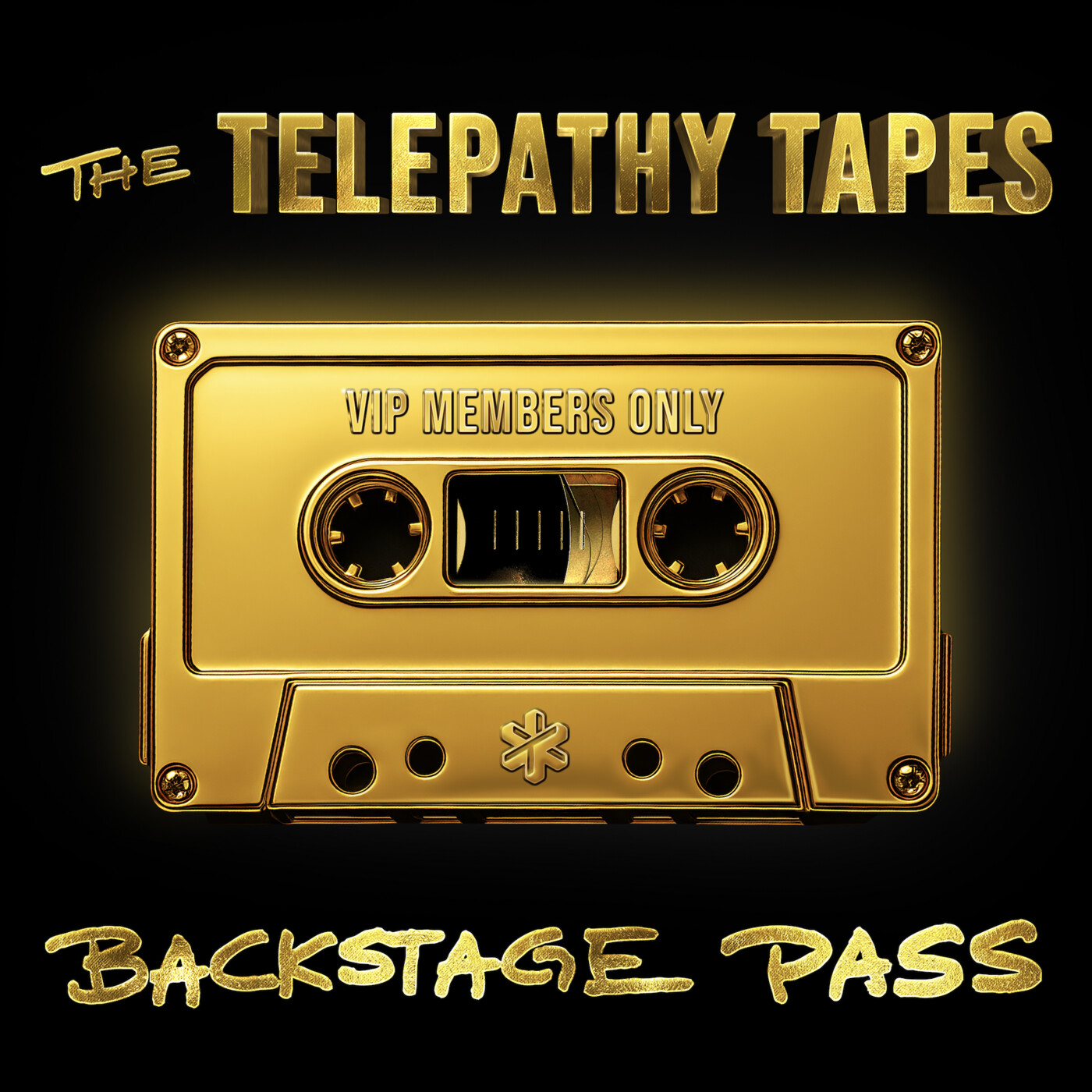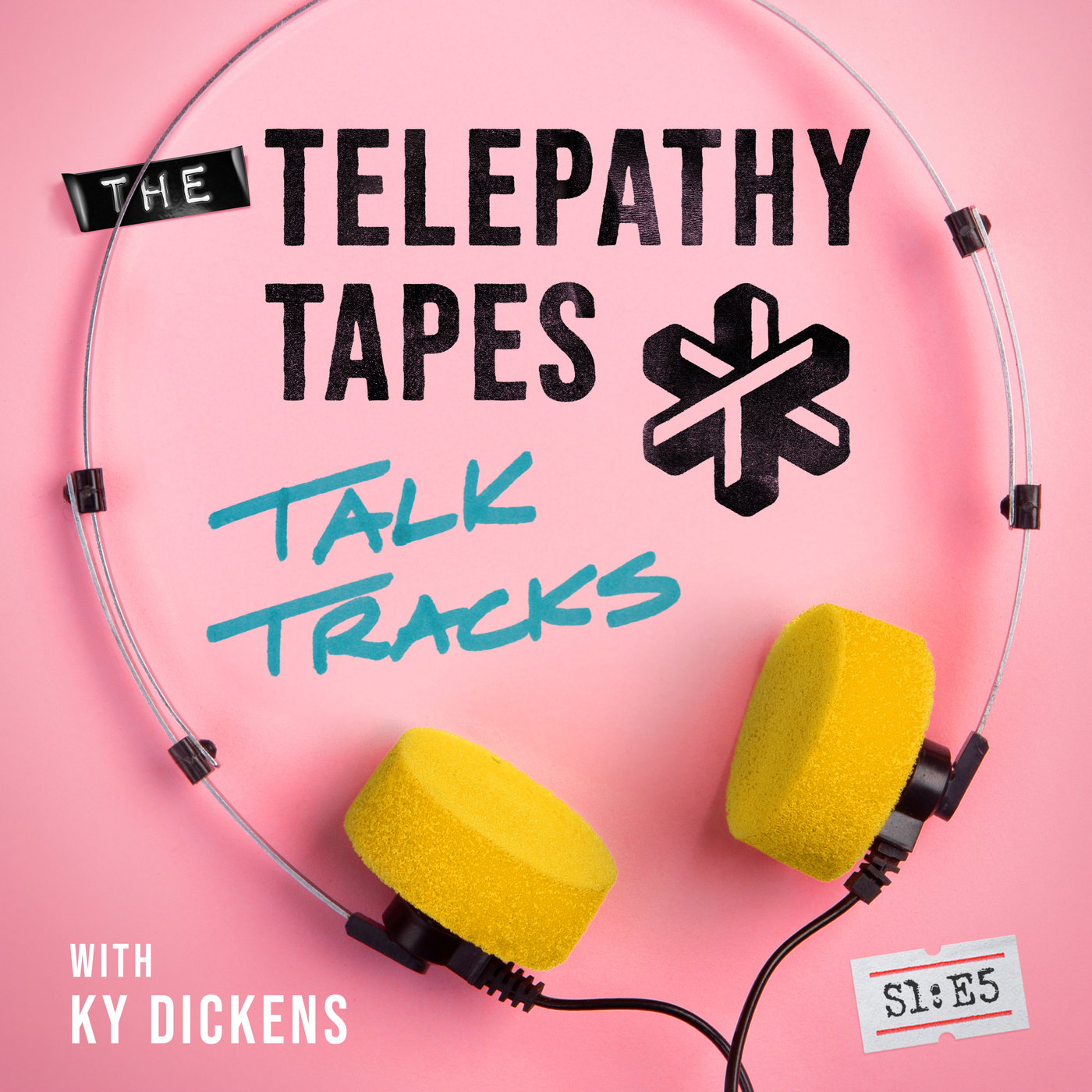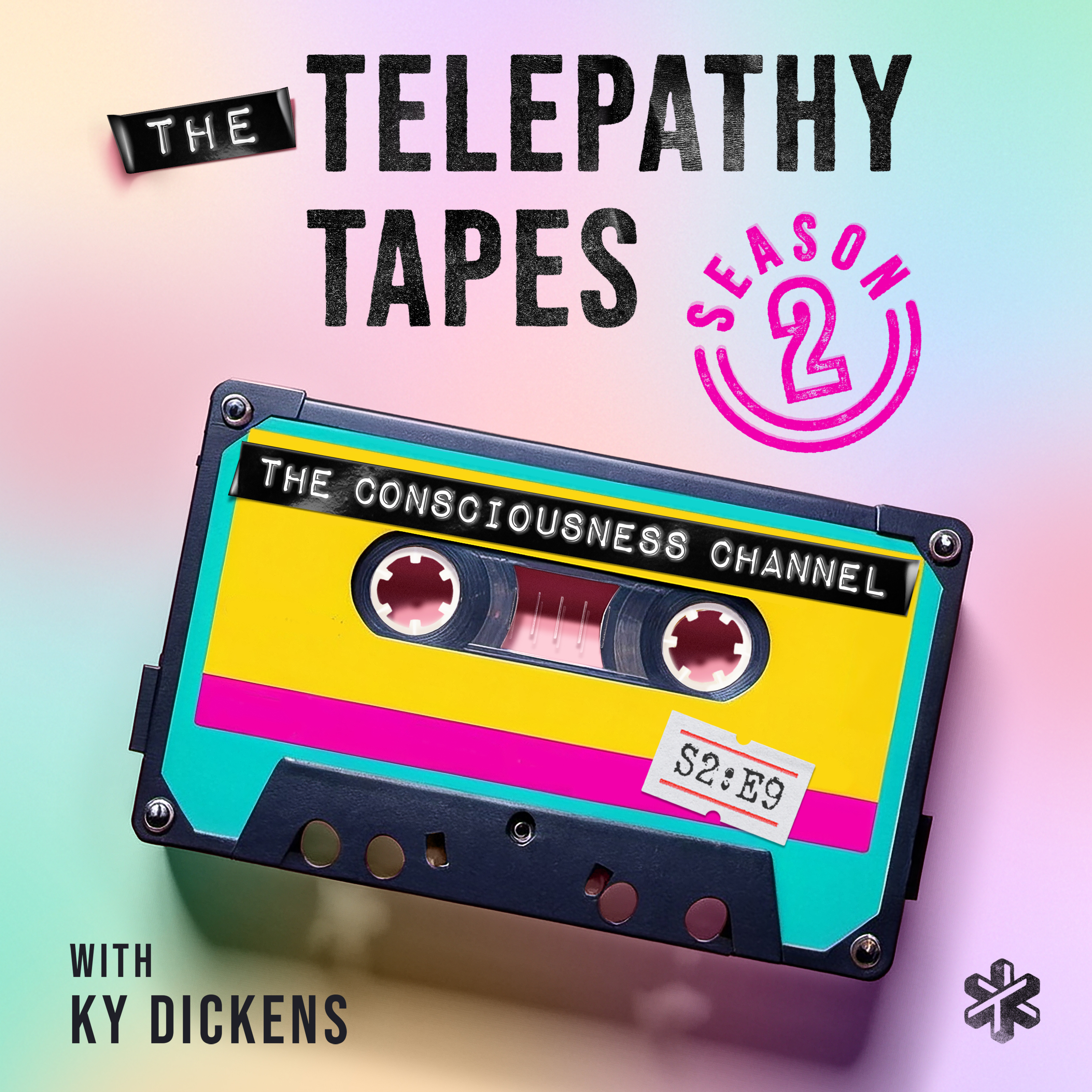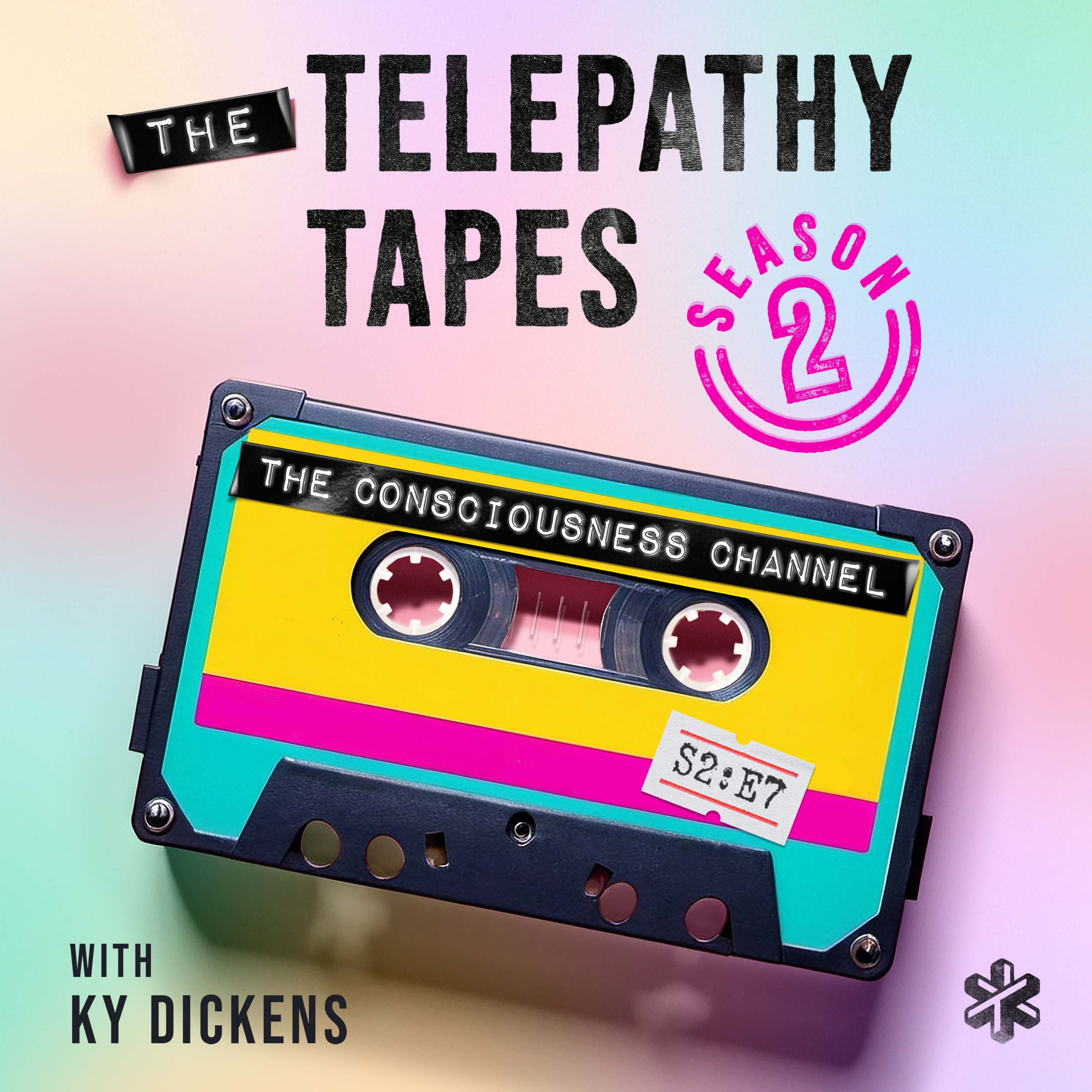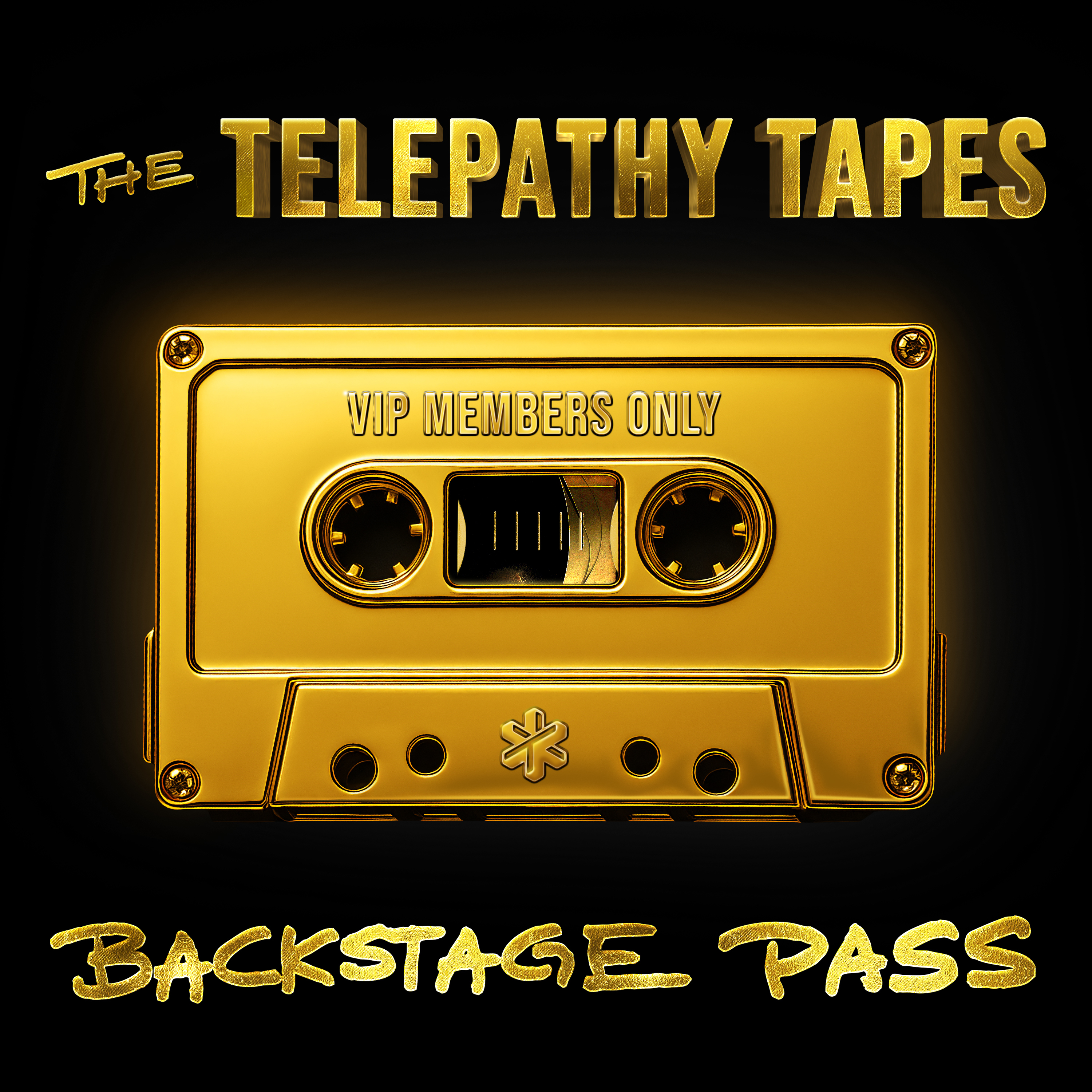PREVIEW: Ask Me Anything with Ky Dickens
We’re sharing a sneak preview of a subscriber exclusive episode featuring Ky Dickens answering listeners’ most burning questions from Season One of The Telepathy Tapes—and offers a glimpse into what’s ahead in Season Two.
To hear the full conversation, and access all upcoming AMA episodes with Ky and our Season Two guests, subscribe to The Telepathy Tapes Backstage Pass. You’ll also get ad-free episodes, bonus content, and access to our private community. Visit our website, www.thetelepathytapes.com, to sign up today!
See Privacy Policy at https://art19.com/privacy and California Privacy Notice at https://art19.com/privacy#do-not-sell-my-info.
Press play and read along
Transcript
Transcript is processing—check back soon.
The Telepathy Tapes — PREVIEW: Ask Me Anything with Ky Dickens
